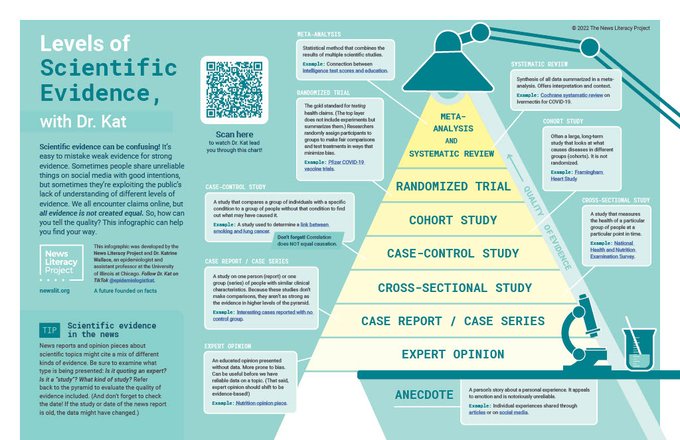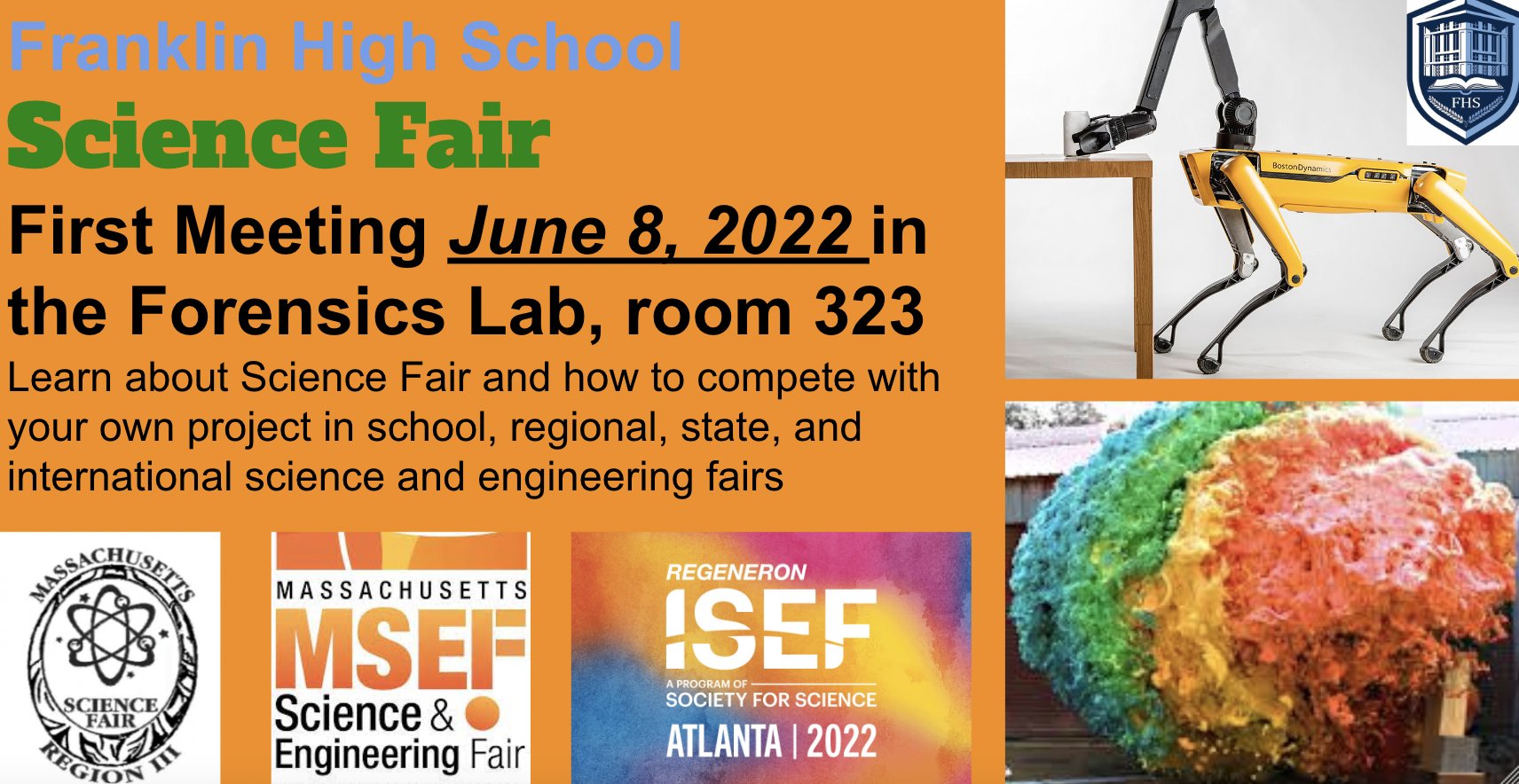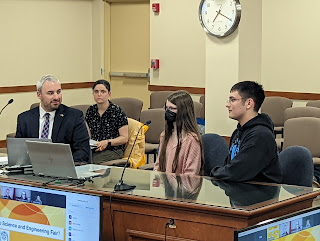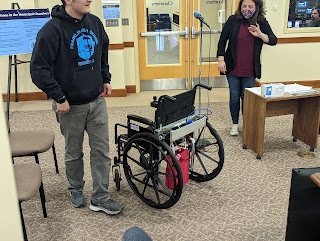The School district calendar is found https://franklinpublicschooldistrictma.sites.thrillshare.com/o/fpsd/page/school-calendar
Providing accurate and timely information about what matters in Franklin, MA since 2007. * Working in collaboration with Franklin TV and Radio (wfpr.fm) since October 2019 *
Saturday, July 19, 2025
What's happening in Franklin, MA: Saturday, July 19, 2025 ???
The School district calendar is found https://franklinpublicschooldistrictma.sites.thrillshare.com/o/fpsd/page/school-calendar
Friday, June 13, 2025
Strawberry Stroll - Entertainment Schedule - Friday, June 13, 2025
Tuesday, April 8, 2025
Family Science Night – Free Event - Thursday, April 10 from 5:30 to 8 PM
 |
| Thursday, April 10 from 5:30 to 8 PM |
Sunday, March 30, 2025
Family Science Night - April 10
Wednesday, March 19, 2025
Charter School shares news from the Massachusetts Science & Engineering Fair (MSEF) Regional Science Fair
via Benjamin Franklin Classical Charter Public School:
"We are excited to share details the Massachusetts Science & Engineering Fair (MSEF) regional science fair. Congratulations to the following BFCCPS students in Grades 7 and 8 for their outstanding achievements this year. Many thanks to Mrs Nestor and Mr Rutt for their support!Our students will next participate in the MSEF State Fair on May 10th!CABOT Corporation Grand Prize: Navya SatishKumarTom Cahill Award: Chittesh PatelThermo Fisher Scientific Junior Innovators Challenge Nominees: Chittesh PatelAparna Naravane Memorial Award: Aagam Shah, Anagha BalagurumoorthyFirst place in Middle School: Chittesh PatelSecond place in Middle School: Aisiri Praveen, Aagam ShahThird Place in Middle School Division: Anagha Balagurumoorthy, Romir Iyer"
Saturday, February 15, 2025
Voices of Franklin: Middle School teacher wants us to "recognize what we stand to lose in terms of educational quality"
My name is Emily Laliberte, and I am currently a 7th and 8th grade science teacher at Remington Middle School. I am proud to be entering my 20th year of teaching in Franklin, and each of those years has been a rewarding experience. I've often found myself boasting to fellow educators about the working conditions here and the high quality of education we've always been able to provide in spite of ongoing budgetary issues. One of my greatest joys has been witnessing the district’s long-standing commitment to inclusion.
However, my primary concern—and the reason I’m speaking to you today—is to ensure that the full impact of the proposed changes to our Middle School Model is understood. While the goal is to save $1.4 million, it’s crucial to recognize what we stand to lose in terms of educational quality, and most importantly, who will ultimately bear the brunt of this cost savings - our students.
My journey began at Oak Street Elementary School as a special educator, before transitioning to Remington in the same role. Over the years, I’ve worked with countless families who moved to Franklin specifically for our exceptional special education services. Eventually, I made the decision to transition into a general education classroom, believing I could continue to support inclusion by creating a science environment where all students feel welcomed, valued, and empowered to learn.
That being said, I recognize that our community is facing serious financial challenges and requires significant changes. Over the course of my two decades here, we’ve discussed the budget every year, and each year we've been faced with the threat of severe cuts—many of which have already occurred.
Franklin has been a place where outstanding educators are trained and mentored, only to be lost to neighboring districts year after year. It’s clear that consolidation is necessary to address our district’s financial shortfall. While the proposed consolidation plans are intended to benefit the community financially, I’m concerned that the impact on our students has not been fully considered.
We’ve been assured that “class sizes will remain within the limits,” which is technically true. However, it hasn’t been made clear that many middle school teachers will see their rosters increase by nearly 50%, from about 80 students to 110-120 students. This increased workload will significantly affect the quality of education we can provide.
For me, this means less time to build meaningful connections with my students, understand their personal interests, sports activities, family dynamics, and cultural backgrounds. It also means less time to collaborate with families, respond to emails, and create individualized lesson plans and behavioral interventions that meet the needs of each student. The students who will be most affected by these changes are those with the greatest needs—whether academic, social-emotional, or otherwise.
You may wonder how we can maintain class sizes while increasing the number of students. The answer lies in major restructuring of grades 6 through 8- changing to more of a mini-Franklin High model instead of staying true to the more developmentally appropriate middle school model.
Content teachers will now be expected to teach five sections per day of each subject. While the content of each class will remain similar, this shift means more students requiring accommodations, more parents to communicate with, and more grading - while being provided with less time during the day to do these tasks.
Additionally, students will have fewer opportunities for unified arts, dropping from three classes per term to two, which reduces prep time for content teachers. Students who choose to participate in our robust music programs will do so at the expense of opportunities to participate in Computer science, Art, or other unified arts classes.
Currently, our Unified Arts model allows core content teachers to have 80 minutes of prep per day on average (with some days being shorter or longer). This time allows us to work regularly with special educators, related service providers, administrators, students, and families. With only one 45-minute prep per day, most of our time will be spent preparing lessons and materials, leaving less time for these essential collaborations. Personally, I don't believe I'll be able to provide the inclusive experience for students that I have always taken pride in.
These changes could also mean that special education meetings might need to occur during instructional time instead of during extra prep periods that already exist in the schedule. This could result in students missing out on valuable instruction if their teacher is attending an IEP or 504 meeting. 20% of a roster would mean that potentially 22-24 class periods each school year could be without a certified educator leading them or access to necessary support staff.
I am aware that we are “getting” many things in this consolidation, like more consistent and clear departmental support, additional content-based UA offerings within that one period, and a more streamlined and consistent experience across the town. I’m looking forward to working with new people and getting to meet with my content-area counterparts more regularly. I continue to be worried that these positives will not outweigh the challenges and will result in more teacher turnover at a time when finding new educators is challenging.
I understand that many of the details about how these changes will unfold are still being worked out, and some of these concerns may be addressed between now and September. I deeply appreciate the extensive work of our administrative team, Craig Williams especially (seriously when does he sleep?), and look forward to continuing to work together to the benefit of our student population. Thank you for your time.
 |
| Voices of Franklin: Middle School teacher wants us to "recognize what we stand to lose in terms of educational quality" |
Friday, January 17, 2025
FHS Science Olympiad schedules fund raiser Friday, Jan 17 at Panera
 |
| fund raiser Friday, Jan 17 at Panera |
"We are holding a Panera Fundraiser this FRIDAY!
20% of the proceeds when you use the code FUND4U online/at the kiosk/in the app or show them the poster."
Tuesday, December 24, 2024
A Scientific Christmas Tale | NIST
"’Twas the night before Christmas; NIST staff had gone home.
Our director was left to reflect all alone.
She thought about NIST and the breadth of its work,
from AI to fire to even the quark.
Our impact, she knew, was broad and widespread,
and triumphs of measurement danced in her head.
Examples abounded of great innovation
spurred by NIST work for the good of the nation.
When people pump gas or buy food at the store,
NIST helps to ensure they get what they paid for.
And when they’re online and making transactions,
NIST-backed encryption means safer interactions.
There are frameworks that help with cyber hygiene.
And something we call the million-pound deadweight machine.
What else to her adoring eyes should appear,
but a Lego watt balance and a weathering sphere. "
Saturday, November 9, 2024
Dean College unveil new advanced scientific equipment and facilities
 |
| new advanced scientific equipment and facilities |
Dean College is excited to unveil new advanced scientific equipment and facilities thanks to generous grants from the Massachusetts Life Sciences Center and the George I. Alden Trust.
Learn more about the upgrades: https://t.co/pLk1wmTQu9
Shared from -> https://t.co/WEbZz7QEDm
Friday, November 1, 2024
Three Franklin Middle School Science Teachers Present at Open SciEd Community Day
 |
| Franklin Middle School science teacher Jessica Ternullo presenting at an Open SciEd Community Day on Oct. 9. (Photo courtesy One8 Applied Learning Hub) |
 |
| Franklin Middle School science teacher Danny Kelley presenting at an OpenSciEd curriculum training on Oct. 9. (Photo courtesy Franklin Public Schools) |
Thursday, July 6, 2023
Franklin Public Library offers science workshop and ukulele lessons - July 8 at 1 PM
Join us for a special science workshop, brough to you by volunteers from the Franklin High School Science Department!
 |
| Franklin Public Library offers science workshop |
Julie Stepanek will teach us how to hold, tune, strum, fret, read chords and play songs on a ukulele! If you have a 'Uke' please bring it with you!
 |
| Franklin Public Library offers ukulele lessons |
Sunday, March 26, 2023
The News Literacy Project - info graphic on levels of scientific evidence
"#Educators: Teach students to evaluate scientific evidence with this resource created with @DrKatEpi 👇🏾
8️⃣ levels of evidence are ordered from weakest to strongest & reflect a spectrum of quality, so students can visually grasp differences: https://t.co/YQHK8ya4Al " or https://newslit.org/educators/resources/levels-of-scientific-evidence/?utm_id=Science-Infographic
Shared from Twitter -> https://t.co/ioYaGJTFj0
 |
| The News Literacy Project - info graphic on levels of scientific evidence |
Monday, June 6, 2022
FHS is starting a Science Fair club - meeting Wed, June 8
FHS is starting a Science Fair club in preparation for next year’s Science Fairs. Anyone interested should come to the Forensics Lab in Room 323, Wed June 8. Come get ideas for projects you might want to start this summer. @FranklinHS @FHSPantherbook
Shared from Twitter -> https://twitter.com/fhspanthertv/status/1532736074707046406
 |
| FHS is starting a Science Fair club - meeting Wed, June 8 |
Friday, April 29, 2022
School Committee hears of awesome science fair projects - 04/26/22 (audio)
FM #785 = This is the Franklin Matters radio show, number 785 in the series.
This session of the radio show shares the regular School Committee meeting held Tuesday, April 26, 2022.
Quick Recap:
Given the new agenda format, and that the Superintendent deliberation discussion had been conducted in the special meeting held prior to the regular session, the meeting was short and to the point
Superintendent Ahern provided multiple updates (superintendent’s report not yet posted to packet folder as this is published)
Recognition of FHS students for project placements at regional science fair. A future consideration would be to conduct a science fair at FHS (which apparently has not been done before). The two projects showcased were awesome. One project motorized a wheelchair, the other determined that an older encryption method is actually more secure than current methods
The School Committee entered executive session to continue work on their contract negotiations
The meeting opened at 7 PM and ran approx. 43 minutes.
Audi file => https://franklin-ma-matters.captivate.fm/episode/fm-785-school-committee-mtg-04-26-22
--------------
Agenda doc (includes remote connection info)
https://www.franklinps.net/sites/g/files/vyhlif4431/f/uploads/scagenda_4-26-22.pdf
Science fair presentation -> https://www.franklinps.net/sites/g/files/vyhlif4431/f/uploads/school_committee_presentation.pdf
Meeting packet folder
My notes -> https://drive.google.com/file/d/1xGSGx5CcwdxJ69doB39DUXtnGWmUXEth/view?usp=sharing
--------------
We are now producing this in collaboration with Franklin.TV and Franklin Public Radio (wfpr.fm) or 102.9 on the Franklin area radio dial.
This podcast is my public service effort for Franklin but we can't do it alone. We can always use your help.
How can you help?
If you can use the information that you find here, please tell your friends and neighbors
If you don't like something here, please let me know
Through this feedback loop we can continue to make improvements. I thank you for listening.
For additional information, please visit Franklinmatters.org/ or www.franklin.news/
If you have questions or comments you can reach me directly at shersteve @ gmail dot com
The music for the intro and exit was provided by Michael Clark and the group "East of Shirley". The piece is titled "Ernesto, manana" c. Michael Clark & Tintype Tunes, 2008 and used with their permission.
I hope you enjoy!
------------------
You can also subscribe and listen to Franklin Matters audio on iTunes or your favorite podcast app; search in "podcasts" for "Franklin Matters"
 |
| FHS students presenting on their science fair projects |
 |
| the motorized wheel chair |





